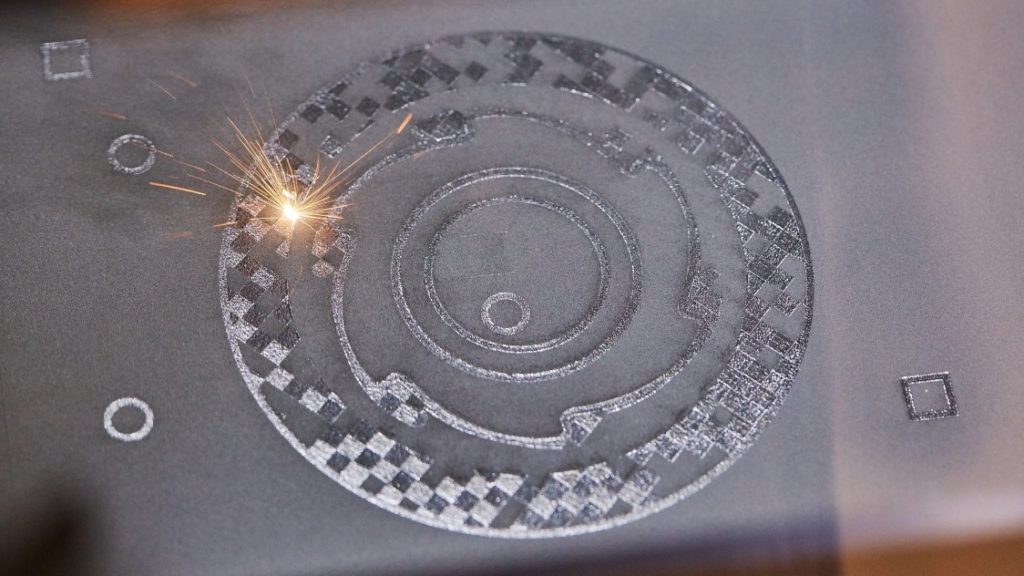Stop shipping, start printing

Solve supply chain issues with 3D printing
- Dateline
- 17 March 2027
Since 2020 we’ve learned a new term: ‘supply chain fragility’, and it’s been the bane of producers the world over. First came travel restrictions and lockdowns in response to the covid pandemic. No sooner were we recovering from that, than the war in eastern Europe created new backlogs and bottlenecks.
In the space of 33 months, everything from computer chips to edible oils to wheat and crude became threatened commodities, in short supply and subject to all kinds of delays, embargoes and preferential deals. The reasons were many and varied, including conflict, sanctions, and stockpiling, but the end result was shortages and, in some cases, rationing.
Some manufacturers were obliged to make spec changes, like Ford did when they couldn’t source enough chips for the new model Explorer. Countries operating on the margin in terms of food and energy security, suddenly were faced with the prospect of hunger and cold, and dependent on international aid. The ripple effect of these successive shocks had a global impact.
And that’s where tech has come to the rescue. Additive manufacturing techniques like precision fermentation and 3D printing have completely short-circuited the supply chain and shipping merry-go-round. Now, instead of waiting for modified corn starch from Australia, or hoping for an allocation of wheat from Ukraine, or steel components from China, producers are making stuff from base materials, right where it’s needed.
For decades, futurists were promising that 3D printing would revolutionize manufacturing, but that’s not really what happened. Instead, additive manufacturing has disrupted shipping and logistics, and turned global trade upside down.
So, if you’re still struggling with supply chain issues, perhaps you should stop shipping, and start printing.
Links to related stories
- Ukraine war sparks UK food shortage fears for millions- key ingredients banned from export – Express, 8 March 2022
- Ford Plans To Ship Cars That Are Missing Features To Dealers Because Of The Chip Shortage – Jalopnik, 14 March 2022
- War and sanctions have caused commodities chaos – Economist, 12 March 2022
- Mindbullet: The Age of Extraction is dying (Dateline: 29 February 2032)
- Mindbullet: Suez Canal closed forever (Dateline: 1 April 2037)
Warning: Hazardous thinking at work
Despite appearances to the contrary, Futureworld cannot and does not predict the future. Our Mindbullets scenarios are fictitious and designed purely to explore possible futures, challenge and stimulate strategic thinking. Use these at your own risk. Any reference to actual people, entities or events is entirely allegorical. Copyright Futureworld International Limited. Reproduction or distribution permitted only with recognition of Copyright and the inclusion of this disclaimer.